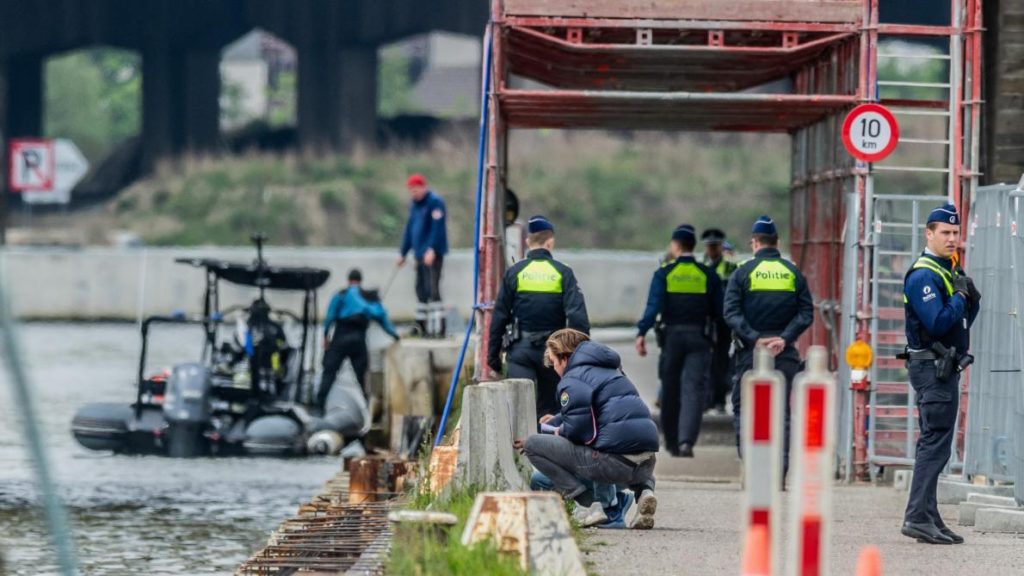Police and prosecutors intend to use DNA samples taken from Steve Bakelmans, suspected of the murder of Julie Van Espen last weekend in Antwerp, to try to solve cold cases, Het Nieuwsblad reports. Under a new law passed recently, all convicted criminals are obliged to give a DNA sample, and the result has been a number of breakthroughs in outstanding cold cases. Bakelmans is accused of sexually assaulting and murdering Julie last weekend, and while he has not been convicted of those charges, he has a criminal record including rape convictions.
His DNA can now be entered into the database for comparison with DNA found at other, unsolved cases, to see if a match can be made.
On the subject of his rape convictions, the High Council for Justice has been considering the circumstances in which Bakelmans was allowed to go free pending appeal after being convicted of rape more almost two years ago. Had he been committed to prison immediately, Julie would most likely still be alive.
The appeals court said he was not imprisoned immediately because he did not present a flight risk, although that does not address the question of other reasons why he might be jailed awaiting appeal – the possibility of interfering with witness testimony, or the likelihood of re-offending.
However according to new information, Bakelmans could have been considered a flight risk, since he had previously failed on three occasions to return to prison after a period of penitentiary leave.
Bakelmans' first conviction, for the rape of a 58-year-old woman, took place in 2004 when he was sentenced to four and a half years. That same year he was given an eight-hour, but returned only a week later. Nonetheless he received another pass in 2006, and absconded for eight months. In 2008 he repeated the offence, this time staying at large for two months.
Bakelmans' first conviction, for the rape of a 58-year-old woman, took place in 2004 when he was sentenced to four and a half years. That same year he was given an eight-hour, but returned only a week later. Nonetheless he received another pass in 2006, and absconded for eight months. In 2008 he repeated the offence, this time staying at large for two months.
Kathleen Van De Vijver of the prison authority confirmed the details to De Standaard, explaining that Bakelmans was allowed out to prepare his return to society. “I might add that he was punished at the time,” she told the paper. Later, the prison authority gave a negative advice on his application for early release on parole, and he served his full sentence.
Bakelmans was convicted of rape again in June 2017, filed immediately an appeal, and was allowed to go. His appeal has yet to be heard. Since then, despite being considered not to be a flight risk, he has gone missing once for a period of four months, during which time he was supposed to report regularly to police but failed to do so.
Alan Hope
The Brussels Times
The Brussels Times

